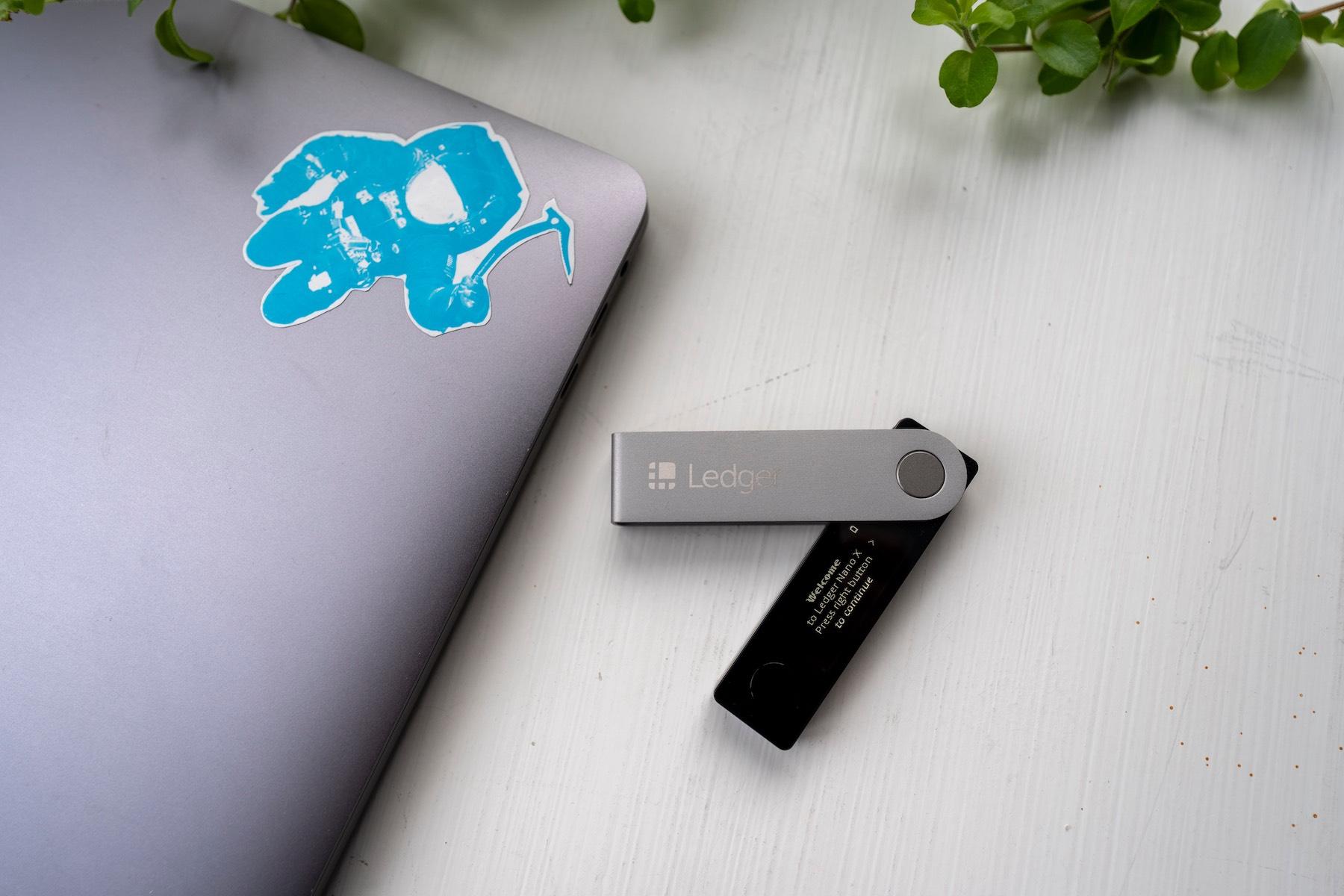Investing in cryptocurrencies can be an exciting venture, but ensuring the safety of your digital assets is paramount.
Whether you’re a seasoned investor or just starting, understanding the best ways to store a small amount of cryptocurrency securely is essential to protect against potential theft or loss.
In this short guide, we’ll explore various methods recommended for safeguarding your investment, whether it’s big or small.
Methods for Secure Cryptocurrency Storage
1. Hardware Wallets: The Fort Knox of Crypto Storage
Considered one of the safest options, hardware wallets like Ledger Nano S, Ledger Nano X, or Trezor are physical devices that store your cryptocurrency offline. This shields them from online hacking attempts, providing a robust and secure storage solution.
2. Paper Wallets: Putting It on Paper for Extra Security
For a tangible approach, a paper wallet involves printing your public and private keys onto a physical document. Be sure to store it securely, preferably in a safe or another secure location. Exercise caution when generating paper wallets online to avoid potential security compromises.
3. Mobile Wallets: Security at Your Fingertips
Mobile wallets, such as Trust Wallet or MyEtherWallet, are convenient apps installed on your smartphone. Ensure your device is secure and utilize additional security features like PIN codes and biometric authentication to enhance protection.
4. Desktop Wallets: Your Crypto Hub on the Computer
Installed on your computer, desktop wallets like Electrum or Exodus provide a user-friendly interface. Keep your computer free from malware and regularly update your wallet software to maintain a secure storage environment.
5. Cryptocurrency Exchanges: Trading with Caution
While not the most secure option, leaving a small amount on a reputable cryptocurrency exchange is acceptable for active trading. However, be aware that this exposes your assets to the inherent risks associated with exchange vulnerabilities.
6. Encrypted USB Drives: Locking Down Your Crypto
Storing your crypto information on an encrypted USB drive adds an extra layer of security. Ensure the encryption is robust, and maintain multiple backups in secure locations for added peace of mind.
7. Secure Cloud Storage: A Digital Vault for Your Wallet
If using a cloud storage service, encrypt your wallet files and use strong, unique passwords. However, exercise caution, as cloud services are susceptible to hacking attempts, and security measures are crucial.
8. Multi-Signature Wallets: Strengthening Security with Team Approval
Multi-signature wallets require more than one private key to authorize a Bitcoin transaction. This added layer of security ensures that multiple devices or people need to approve a transaction, minimizing the risk of unauthorized access.
Best Practices for Secure Crypto Storage
Remember to follow some best practices to fortify the security of your crypto assets. Always create backups of your wallet’s private keys or seed phrases, storing them in multiple secure locations. Enable additional security features provided by your chosen wallet, such as two-factor authentication, to enhance protection. Keep your wallet software and associated apps or devices up to date with the latest security patches to stay ahead of potential vulnerabilities. Be vigilant against phishing attempts, and only use official websites or applications to access your crypto wallets.
The best method for storing your cryptocurrency may vary based on your preferences, technical proficiency, and the specific cryptocurrency you hold. By conducting thorough research and opting for reputable solutions, you can confidently safeguard your digital assets and navigate the exciting world of crypto investment.
